Overseas Railroad and Pigeon Key
Island ghost town detailing Flagler's folly in building the Overseas Railroad.
Pigeon Key has been abandoned twice: first when a devastating hurricane on Labor Day 1935 killed the vast majority of its inhabitants, and again in 1982 when a new Seven Mile Bridge was opened, passing a few hundred meters away from the isle which had previously served as a rest stop between Miami and Key West.
At the turn of the 19th to 20th centuries, Florida tycoon Henry Flagler had a vision to build a railroad extension running from Homestead,a town in the southernmost tip of mainland Florida, along the Keys to its final destination in Key West. It was to be called the Key West Extension, or the Overseas Railroad. Ever the entrepreneur, Flagler sought to corner the trade market via Key West, as it was the closest deep sea port to the new Panama Canal and trade with Cuba was booming at the time.
When Flagler started building the rail extension in 1905, most observers saw it as an old man’s folly: materials shipped from all over the world would, theoretically, be combined to form 128 miles of rail line, spanning 60 miles of unobstructed water, touching occasionally at rocky, mangrove-filled, generally inhospitable islands. Even drinking water would have to be imported.
Despite the odds, by 1908 half of the rails had been laid, but the seven-mile span of open water between Marathon and Bahia Honda Keys was left to navigate. (Incidentally, it was the Overseas Railroad workers who christened Marathon Key, thanks to the seemingly endless and torturous task of building the aforementioned seven-mile-long bridge.) The tiny isle of Pigeon Key served as the midpoint construction base for the project, housing over 400 men.
At the time of its completion in 1912, Henry Flagler rode the train into Key West and received a hero’s welcome. Onlookers deemed the Key West Extension of the Overseas Railroad an engineering marvel and was called the Eighth Wonder of the World. One year later, Flagler died at the age of 82, never to know the way in which his railroad fundamentally changed the Florida Keys.
Conversely, Flagler was spared the knowledge that the Key West Extension built as a result of sheer determination, would be destroyed after only 23 years of service. As part of the Great Depression’s New Deal, hundreds of unemployed men - mostly World War I veterans - were hired to build the bridges for the Overseas Highway with supplies delivered to three bases, including Pigeon Key, via Flagler’s rails.
During the Labor Day Hurricane of 1935, a belated attempt to usher the men at Pigeon Key to safety went horribly awry when the raging storm derailed their transport train at Islamorada, sending it tumbling into the ocean. The death toll was 432. Famed author Ernest Hemingway published a letter to the editor in which he called such gross negligence nothing less than murder, and correctly predicted that the 30-plus miles of rail destroyed in the storm would never be repaired.
Upon the opening of an updated US Route 1 bridge in 1982, which bypassed Pigeon Key by a few hundred meters, the abandoned buildings were left to fall into disrepair in the scorching sun, pummeling storms and soporific breezes.
Today, the Pigeon Key Foundation has restored the historical buildings, and installed a museum detailing the history behind the Overseas Railroad and the island. Visitors interested in a tour should meet at the old rail car serving as the Pigeon Key Gift Shop on Vaca Key. The price of admission includes a full day’s access to the museum, grounds, free snorkel equipment, and a ferry ride to/from Pigeon Key. Otherwise, the 2.2-mile-long section of the Old Seven Mile Bridge is open to pedestrian, cycling, and golf cart traffic (though please be prepared for the scorching sun, as nary a speck of shade can be found). Fishing from the old bridge is permitted.
Know Before You Go
You can walk or bike to Pigeon Key on the old Seven Mile Bridge (reopened to pedestrian traffic from the Marathon side in January 2022), or take a ferry. The ferry departs from the parking lot of the Pigeon Key Gift Shop (housed in an old Overseas railroad car) immediately prior to the northeast end of Seven Mile Bridge. Either way, admission onto the island is $15.
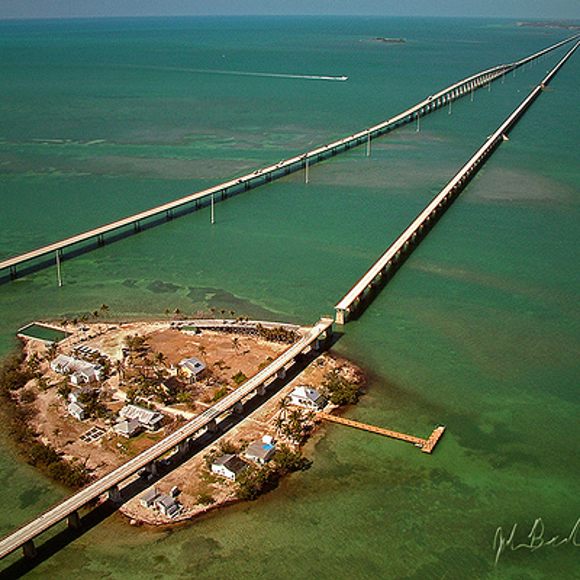

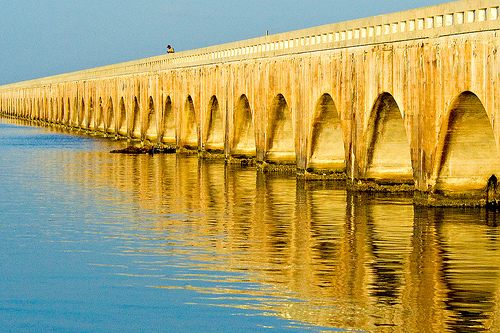
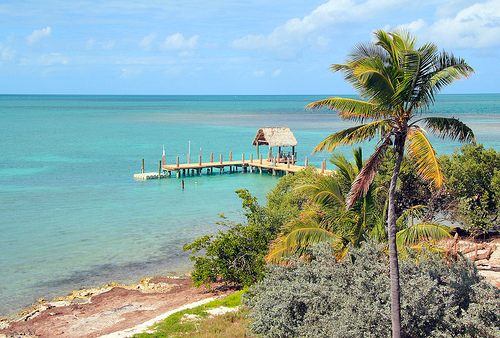
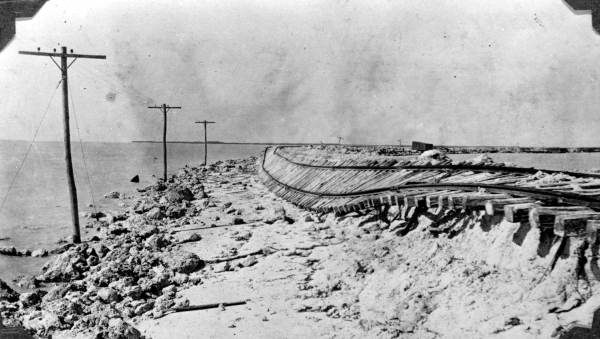
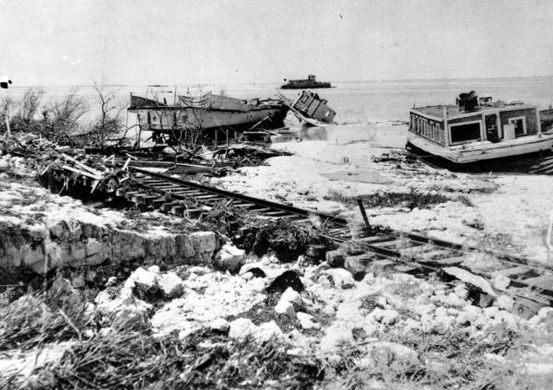
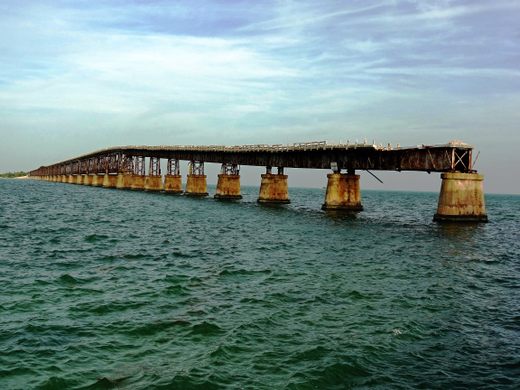
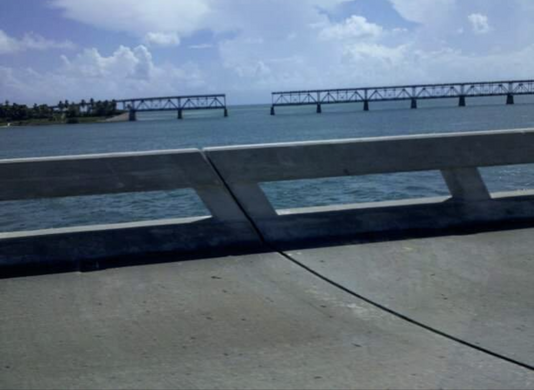















Follow us on Twitter to get the latest on the world's hidden wonders.
Like us on Facebook to get the latest on the world's hidden wonders.
Follow us on Twitter Like us on Facebook